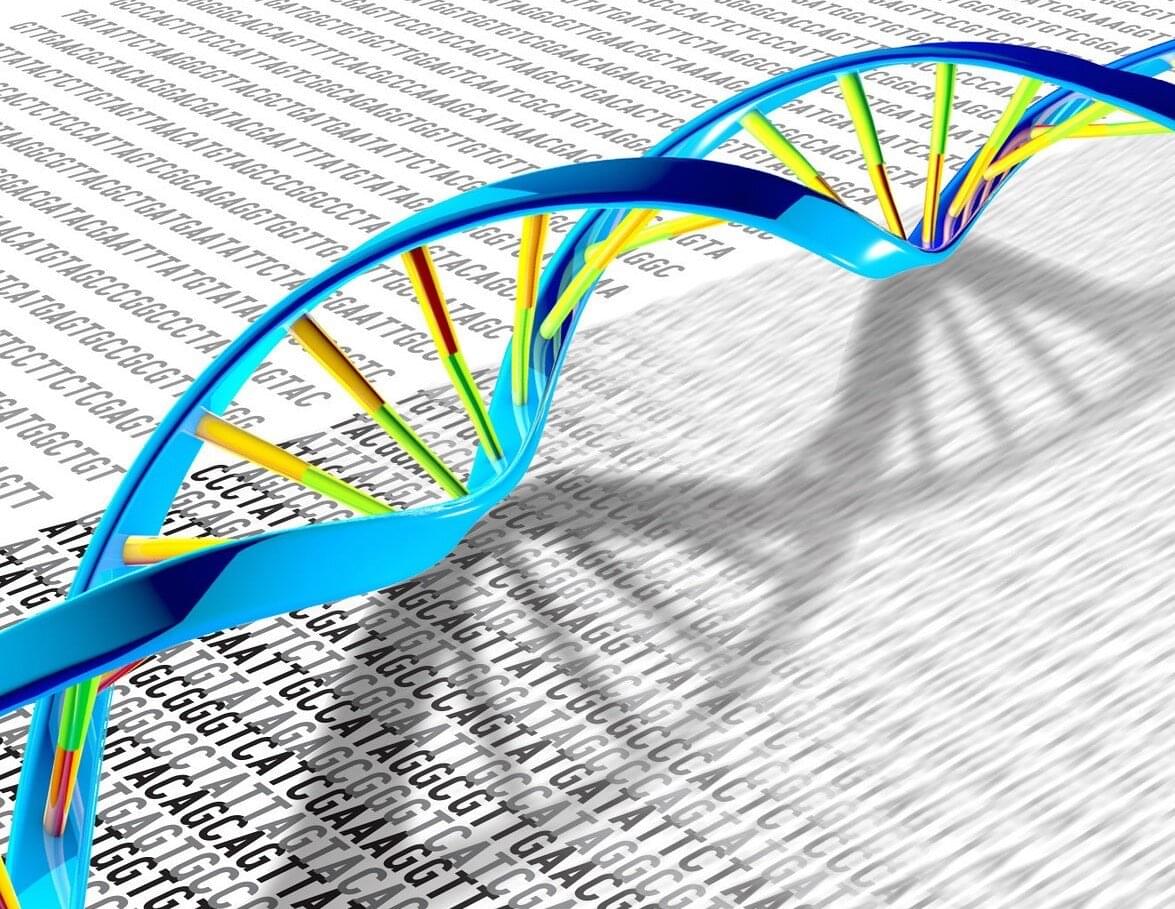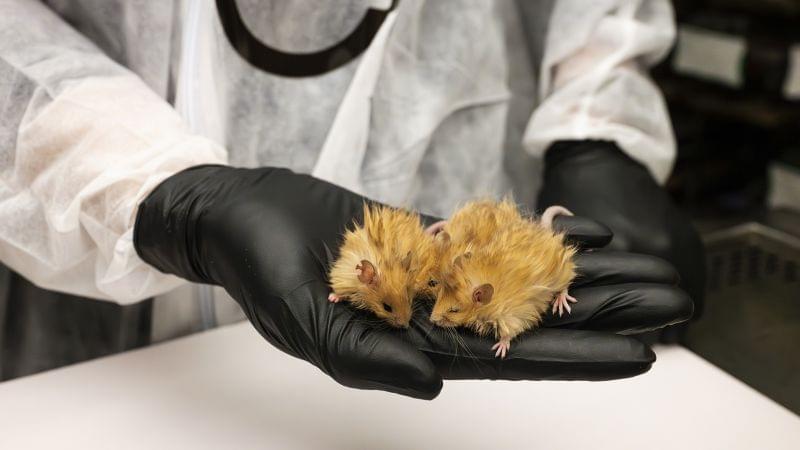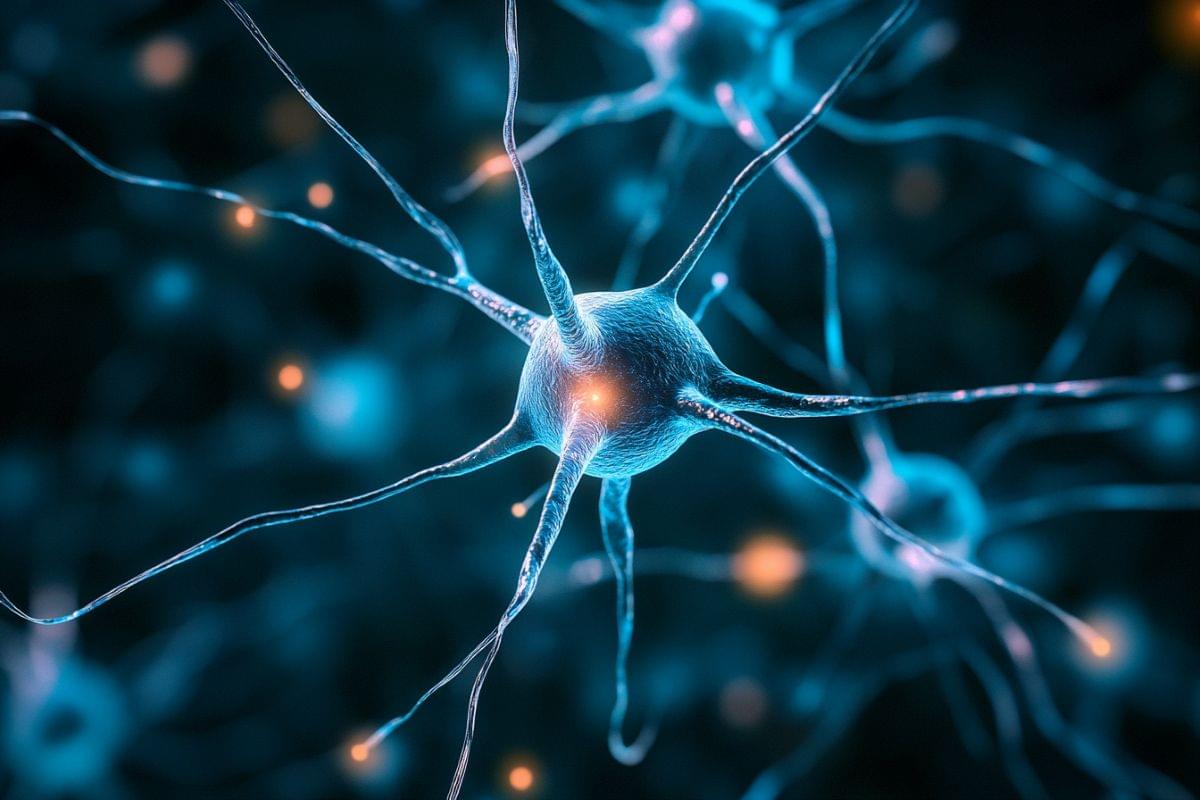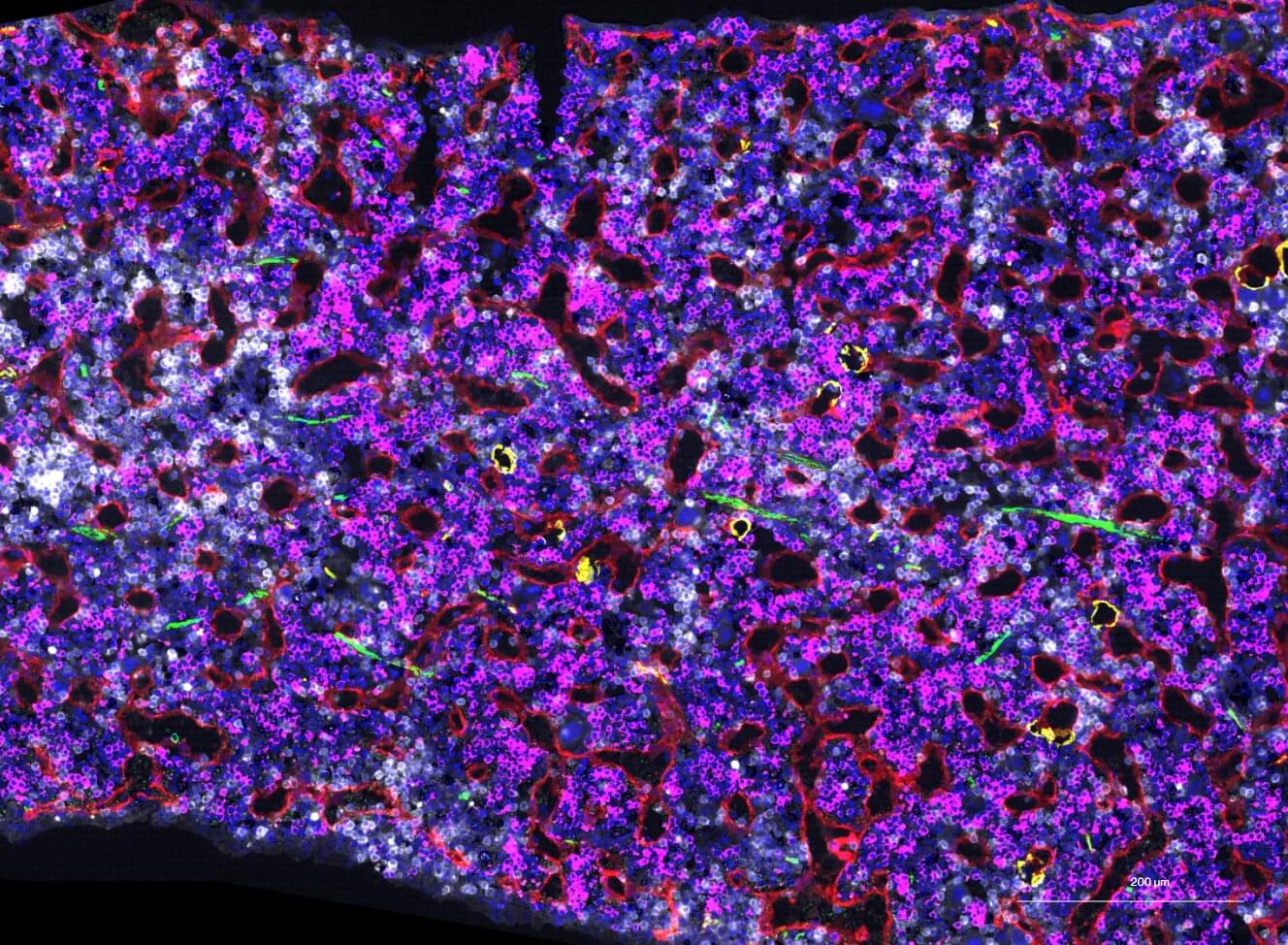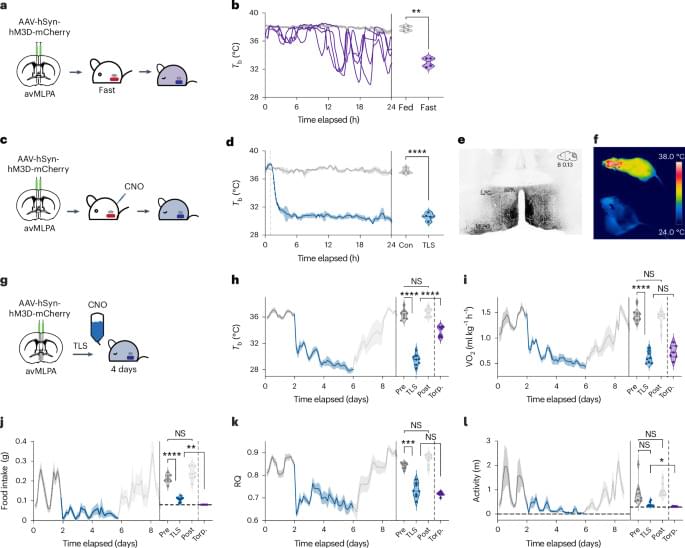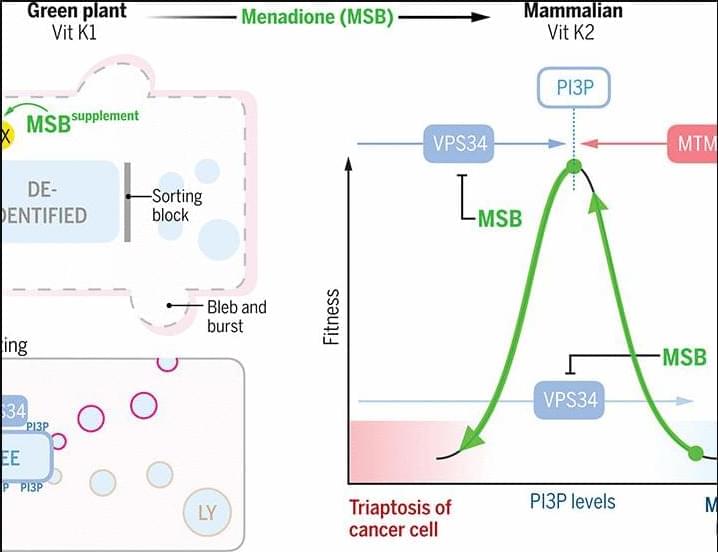DNA holds the key to understanding life itself… From genetics and the human genome to gene editing, it shapes our health, evolution, and future… Discover how CRISPR, forensic science, and genetic engineering are transforming medicine… Explore the mysteries of ancient DNA, the role of the microbiome, and the promise of gene therapy… Personalized medicine is revolutionizing healthcare, allowing treatments tailored to our genetic code… Learn how hereditary diseases are being decoded and cured through biotechnology and DNA sequencing… The future of medicine depends on genetic research, but genetic ethics raise profound questions… The genome project has paved the way for DNA fingerprinting, cloning, and synthetic biology… With genetic modification, we are reshaping evolution itself… Will genetic testing lead to designer babies or eliminate genetic disorders? As gene therapy advancements push the limits of precision medicine, are we ready for these medical breakthroughs and DNA discoveries?
Sources.
Watson, J. D., & Crick, F. H. C. (1953). Nature, 171(4356), 737–738.
Collins, F. S., & McKusick, V. A. (2001). Science, 291(5507), 1215–1220.
Jinek, M., Chylinski, K., Fonfara, I., Hauer, M., Doudna, J. A., & Charpentier, E. (2012). Science, 337(6096), 816–821.
Pääbo, S. (2014). Annual Review of Genetics, 38, 645–679.
Lander, E. S., Linton, L. M., Birren, B., et al. (2001). Nature, 409(6822), 860–921.
#DNABreakthroughs #GeneticsRevolution #HumanGenome #GeneTherapy #FutureOfMedicine.
YOU MAY LIKE



